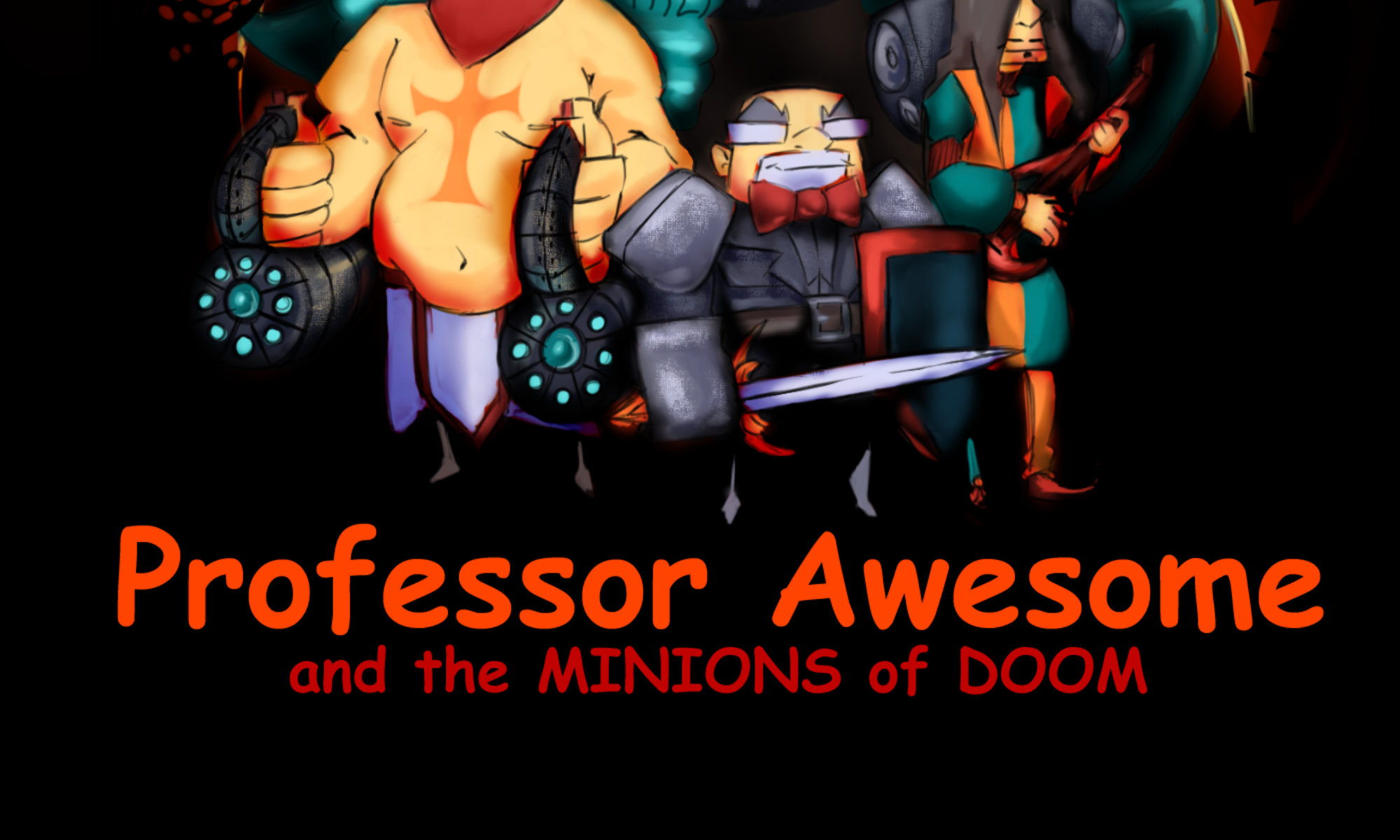Minions, a call to arms!
Rainman the Urbane Man (a Minion of Doom since 1981, free lance doom-bringer for years before that), asked today for the origins of the phrase “Blanky McBlankerson.”
A bit of cursory research took me to this late-2006 posting regarding the term, but it seems to take for granted that English-speakers will know the phrase. Yet earlier that year, another post doesn’t quite get the phrase right, and if there’s an earlier version, I couldn’t find it.
All this suggests to me that Blanky McBlankerson grew out of the broad category of Something McSomethingSon in 2006, and was popularized shortly thereafter.
So, Minions, can anyone out there confirm an earlier use of Blanky McBlankerson from before 2006? Can anyone point to somewhere it was popularized, like a TV show or song from around that time? If so, tweet/comment/email to us!



